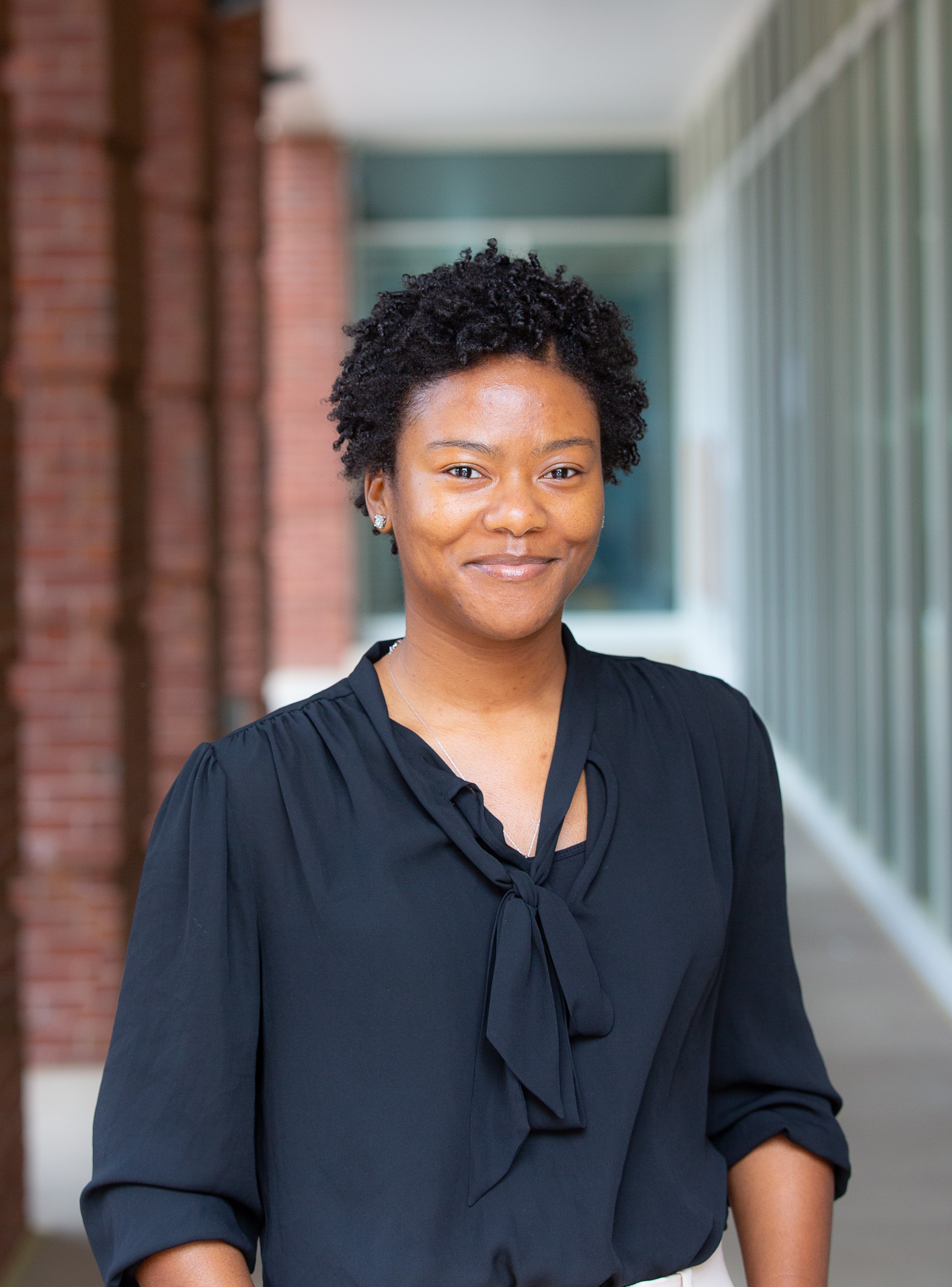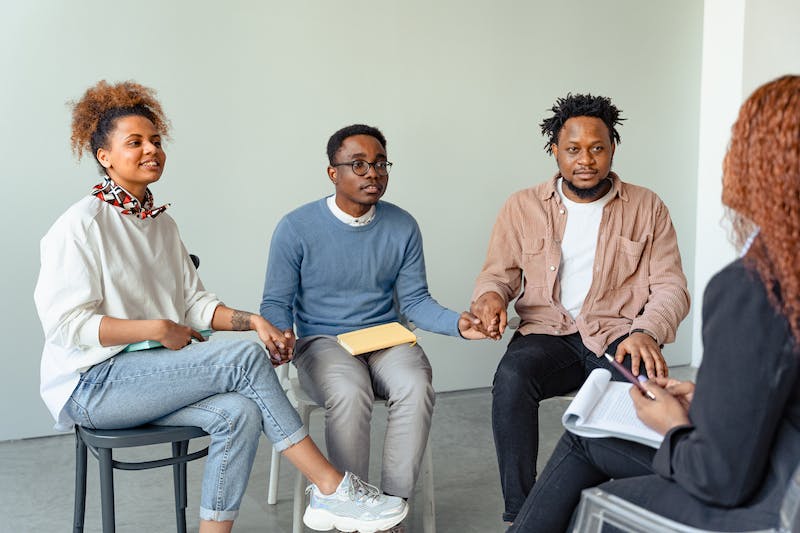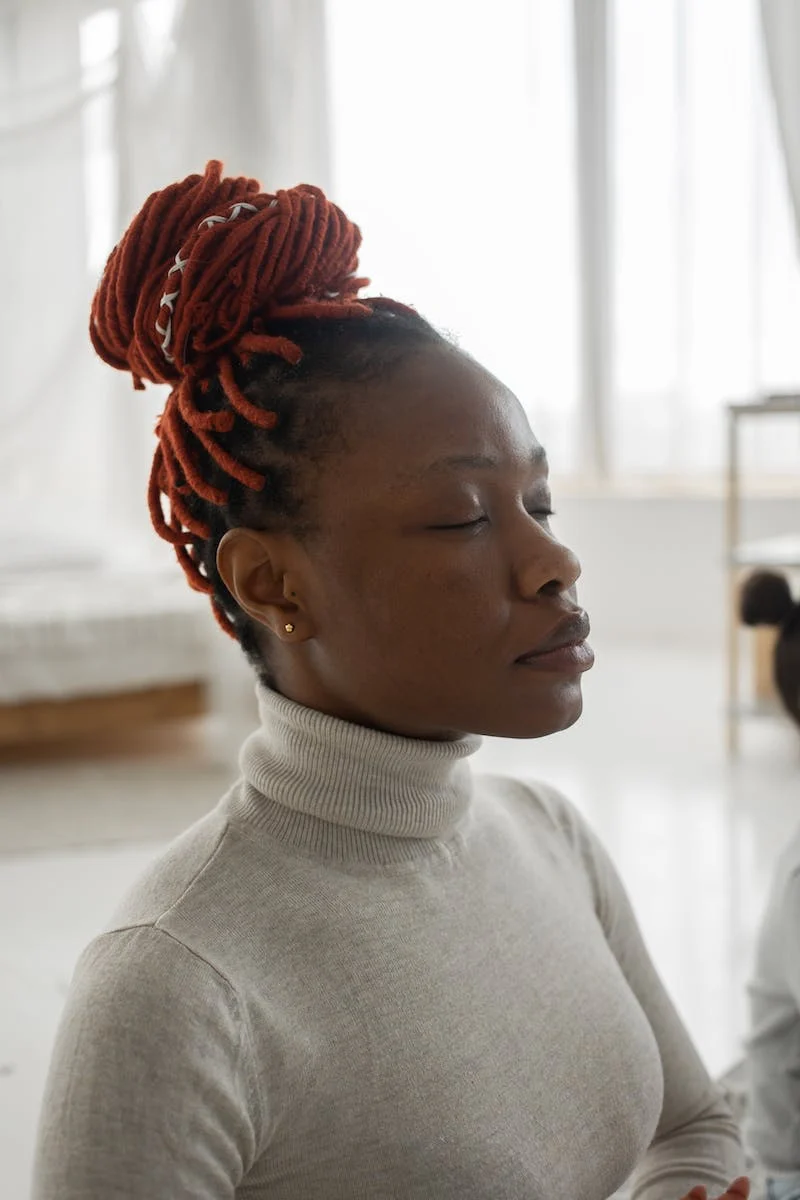Black Mental Health and How Young People Are Leading the Way

Lavender Williams is a Licensed Professional Counselor with University of Virginia Counseling and Psychological Services (CAPS). She obtained a Masters of Counseling with an emphasis in Couples and Family from The University of North Carolina at Greensboro. Lavender has experience working with children, adolescents, and adults across various settings, including alternative day schools, private practice, and community agencies. Lavender values the cultural and spiritual influences that impact the lives and choices of clients and incorporates these into counseling sessions to guide clients toward their identified goals and counseling outcomes. Lavender has experience working with clients with varying issues, including trauma and abuse, interpersonal issues, anxiety, depression, and crisis.
As I am writing this, it has now been over a week since the COVID-19 public health emergency was ended. This is comforting news after what I’m sure we can all agree, has been several worrisome and trying years. We have all witnessed and been personally impacted by the effects of COVID-19 from the rise in unemployment rates, political unrest and the overwhelming number of lives lost. This was an emotionally charged time for the world. For Black communities, the dual pandemic of racial injustice created an added layer that non people of color (POC) did not experience directly. These pandemics were a physical and psychological threat to the lives of Black people and their mental wellness. Due to reduced finances, witnessing mass unrest within the Black community and historical mistrust and stigmatization of mental health services, Black people’s mental health began to take a large decline.
Like many across the world, Black people experienced increased distress, anxiety, grief for the various losses, and depression. During the COVID -19 pandemic, the rate of suicide rose by 94% among Black populations and was the third leading cause of death among Black people ages 12-25. Since 2016, these rates have been increasing while access to treatment and social acceptance of mental illness remains low in many minority populations. For Black communities, the history of mental illness and mental health treatment is rooted in racism, inhumane treatment, and religious fear. Many Black families reject and minimize mental health concerns in an effort to protect themselves from being further labeled as less than, abnormal, or flawed. These fears and perceptions about mental health treatment are reflected in the lower levels of help-seeking behaviors in comparison to Whites. This information is frightening, given the data that shows mental health issues across the United States are rising across all age groups and populations.

So what can be done? What has been done? How can we help? A silver lining and glimmer of hope that has come out of these most recent trying years are that young people are shedding old fears of negative labels and leading narratives that highlight mental health struggles and treatments. During the pandemic, we all saw the rise in mental health awareness via social media and online platforms. Young people began being honest about how they were feeling and in what areas they were struggling. Combined with recent celebrities speaking out about their own journeys with mental health, such as Simone Biles, Naomi Osaka, Dak Prescott, and even former U.S. First Lady Michelle Obama, awareness and normalization of mental health issues are on the rise in black communities. Younger generations of Black people are showing interest in these topics and various career fields that allow them to help solve and relieve suffering for their Black peers. Programs and organizations such as Black Men Heal, Black Mental Health Alliance, Therapy for Black Girls, Loveland Foundation, and Boris Lawrence Henson Foundation offer information, directories, and even funding to support mental health education and access to care.
It has been and will continue to be a long journey toward improving mental health awareness in the Black community, but young people give me hope. They are influencing not only each other but older generations as well to talk honestly about their mental health struggles. There are still ongoing barriers to mitigate to provide safe and culturally appropriate care to Black Americans, and young people will play a large role in these efforts. These last few years have been a dark tunnel for many of us, and young people are leading us to the light.

- A Revolution in the Air: The Wright Brothers Take to the Sky on December 17, 1903
- Musings on National Violin Day
- Making the Promise Real: How a UN Tax Convention Can Fulfill the UNDHR’s Vision
- UVA Club of Atlanta: Virtual Pilates Class
- UVA Club of Vietnam: J-Term Farewell Social
- UVA Club of Atlanta: UVA Women's Basketball at Georgia Tech